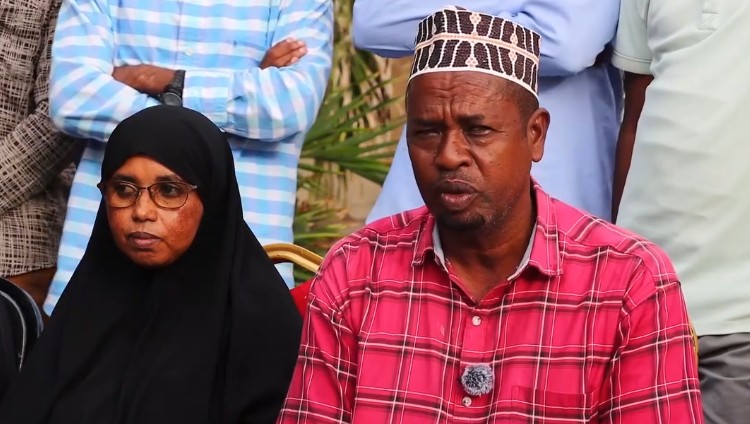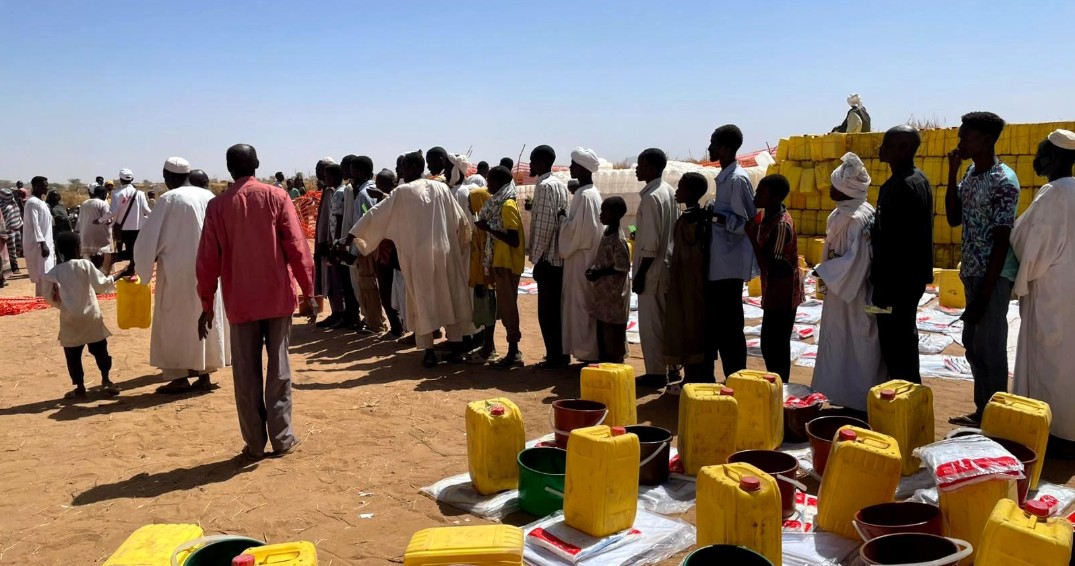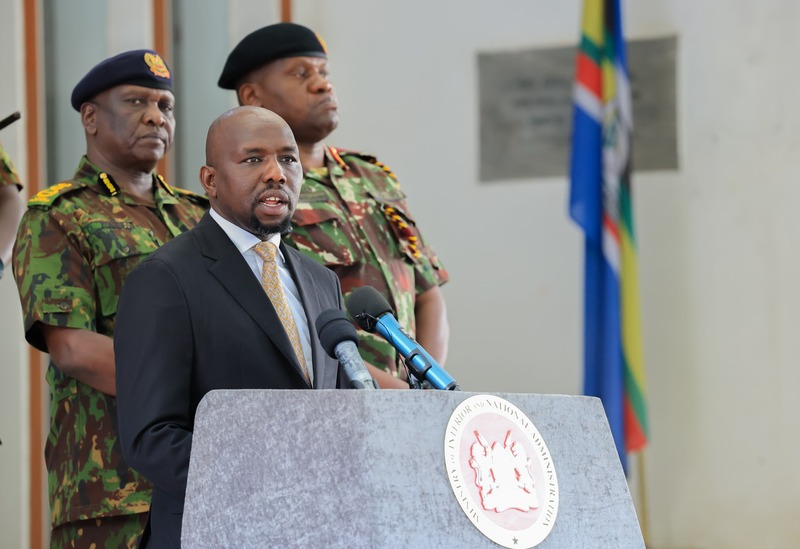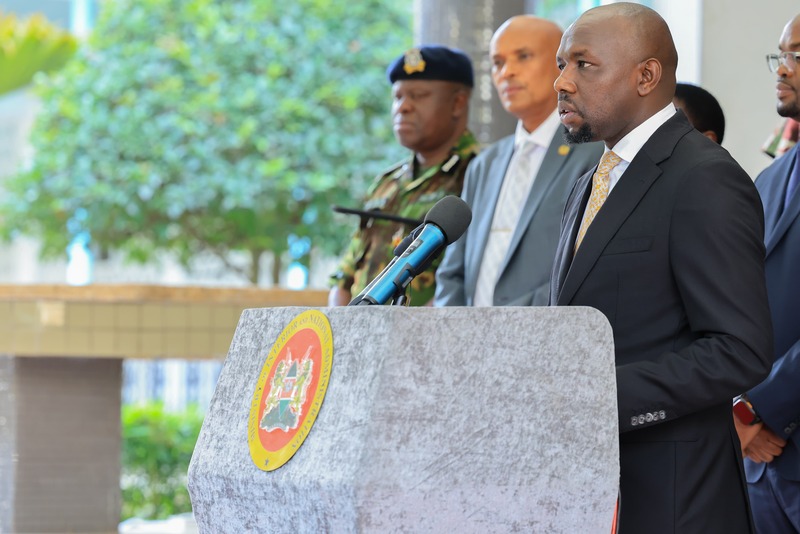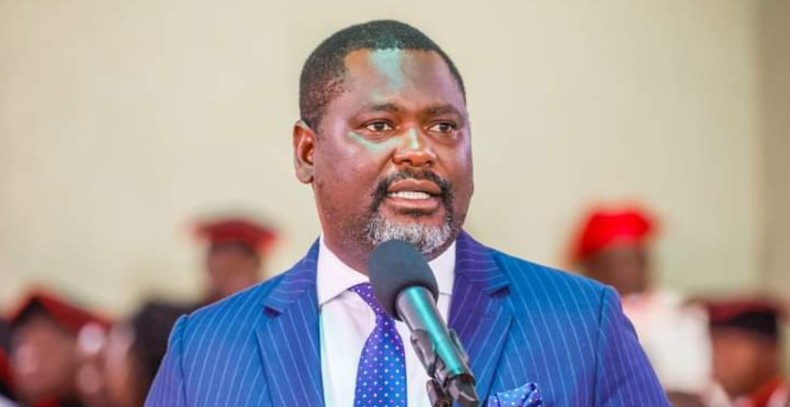Africa’s environment ministers convene in Nairobi over climate action
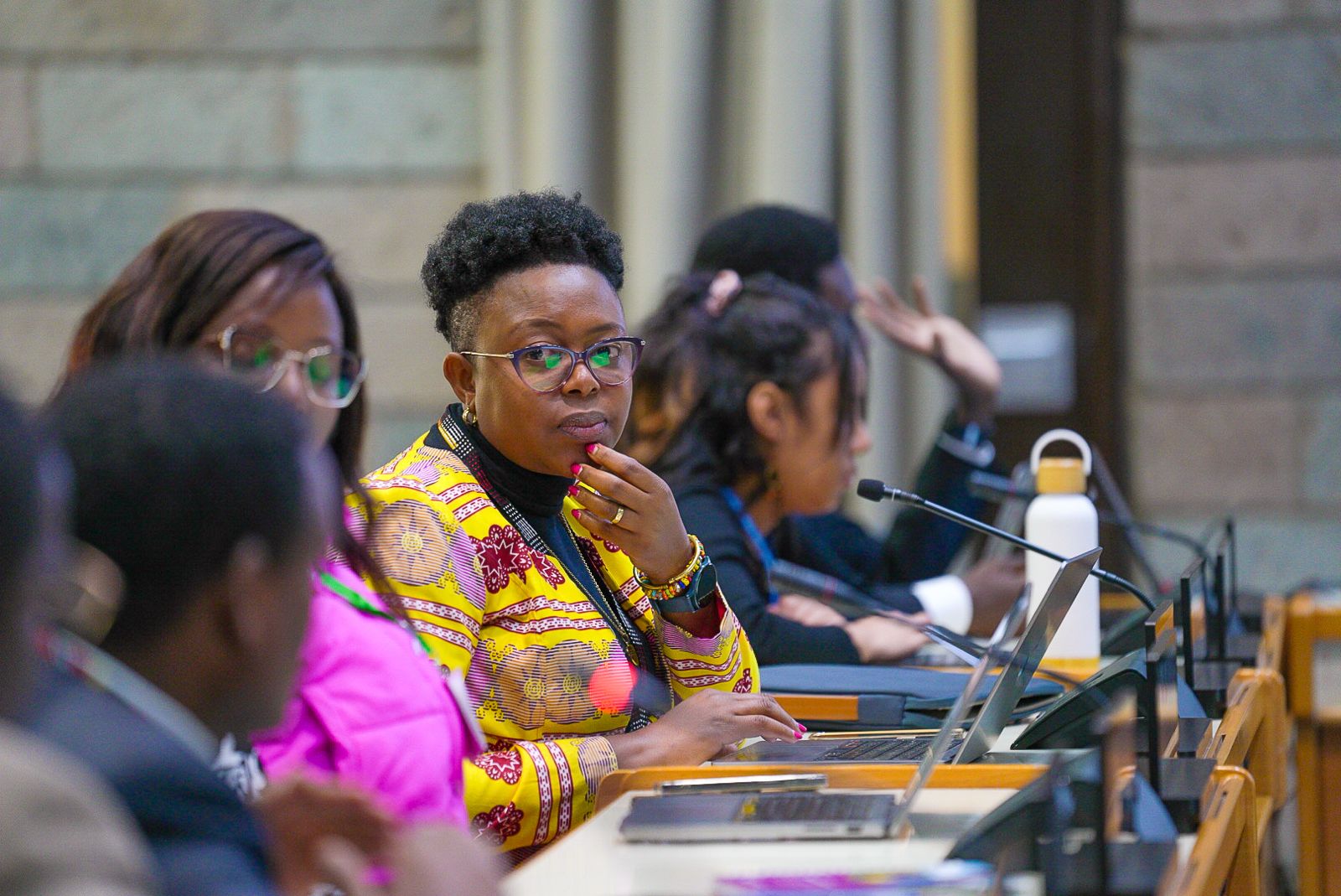
As the African Ministerial Conference on the Environment (AMCEN) convened, Greenpeace Africa called on the continent's environmental ministers to demonstrate bold leadership on critical environmental challenges facing the continent and the world.
Environment ministers from African countries are converging in Nairobi for a crucial meeting to find solutions to the continent's runaway environmental degradation.
As the African Ministerial Conference on the Environment (AMCEN) convened, Greenpeace Africa called on the ministers to demonstrate bold leadership on critical environmental challenges facing the continent and the world.
More To Read
- Can you trust climate information? How and why powerful players are misleading the public
- Nairobi chosen as African Headquarters for Global Climate Adaptation Centre
- Kenya slumps in green energy transition, falls 18 places in global rankings
- Garissa farmers count losses as recurring floods wipe out solar-powered farming dreams
- Climate change has doubled the world’s heatwaves: how Africa is affected
- KNH invests Sh7.6 million in solar energy to lower electricity bills
The 20th session of AMCEN marks a defining moment for Africa's unified voice on environmental policy, bringing together ministers from all 54 African countries at a time when decisive action on plastic pollution, climate justice, and biodiversity loss is more urgent than ever.
The ministers are under pressure from environmental lobbyists to uphold a strong plastics treaty commitment. Greenpeace Africa Project Lead, Pan African Plastic Project, Hellen Dena, said the ministers must reaffirm the visionary leadership demonstrated at the AMCEN 19/2 Decision, which called for a legally binding global plastics treaty addressing pollution across its entire lifecycle.
"The plastic pollution crisis is disproportionately affecting African communities. From open burning and illegal waste dumping in low-income communities to the health threats of microplastics and toxic chemicals, it is often the most vulnerable that bear the brunt of this crisis. AMCEN must resist industry pressure and maintain its call for plastics production caps in the global plastics treaty," said Dena.
A fresh demand to the ministers is also to have the polluters pay for the environmental pollution. The environmentalists indicated that new polling data reveals overwhelming public support for making oil and gas corporations pay for climate damage.
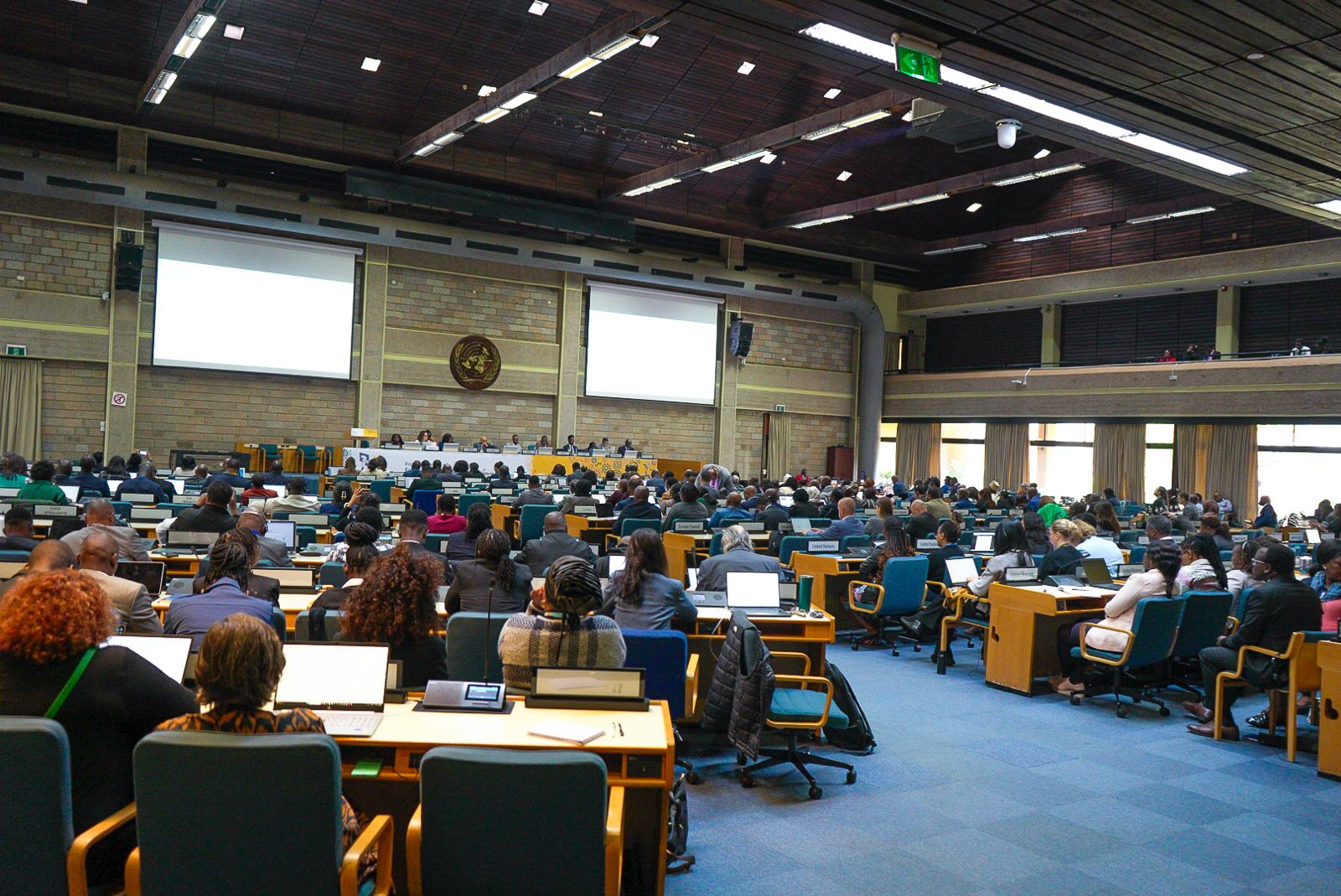 Participants at the African Ministerial Conference on the Environment (AMCEN) in Nairobi. (Photo: Barack Oduor)
Participants at the African Ministerial Conference on the Environment (AMCEN) in Nairobi. (Photo: Barack Oduor)
A Greenpeace-Oxfam study shows 81 per cent of respondents across 13 African countries support taxes on fossil fuel companies to fund climate recovery, including 85 per cent in Kenya and 80 per cent in South Africa.
According to oil and gas campaigner Sherelee Odayar, AMCEN must champion reparations for climate damages and ensure that those who profited most from environmental destruction contribute to addressing the damage. "This is not just environmental policy but a matter of justice for communities suffering the worst climate impacts."
Another agenda at the heart of the Nairobi meeting is to protect forests through direct community finance and rights recognition.
The argument advanced by Dr Lamfu Yengong, Greenpeace Africa's lead forest campaigner, was that as deforestation accelerates across the continent, AMCEN must commit to the implementation of deforestation action plans that centre indigenous peoples and local communities with direct access to finance and recognition of their rights.
"African forests are being decimated while those who have protected them for generations are sidelined. AMCEN must ensure direct finance and recognition of the rights of the Indigenous Peoples and Local Communities who are the most effective guardians of our biodiversity," said Dr Yengong.
AMCEN's outcomes will directly shape Africa's positions at major international forums, including INC 5.2, COP 30, and UNEA 7. Unity across the continent is essential to ensure that African priorities are not compromised in global negotiations.
"Africa's strength lies in its unity," added Koaile Monaheng, Greenpeace Africa's Pan-African political strategist. "Our leaders must act with courage, not caution—with conviction, not compromise. The people of Africa are demanding action, and AMCEN must deliver."
Top Stories Today
